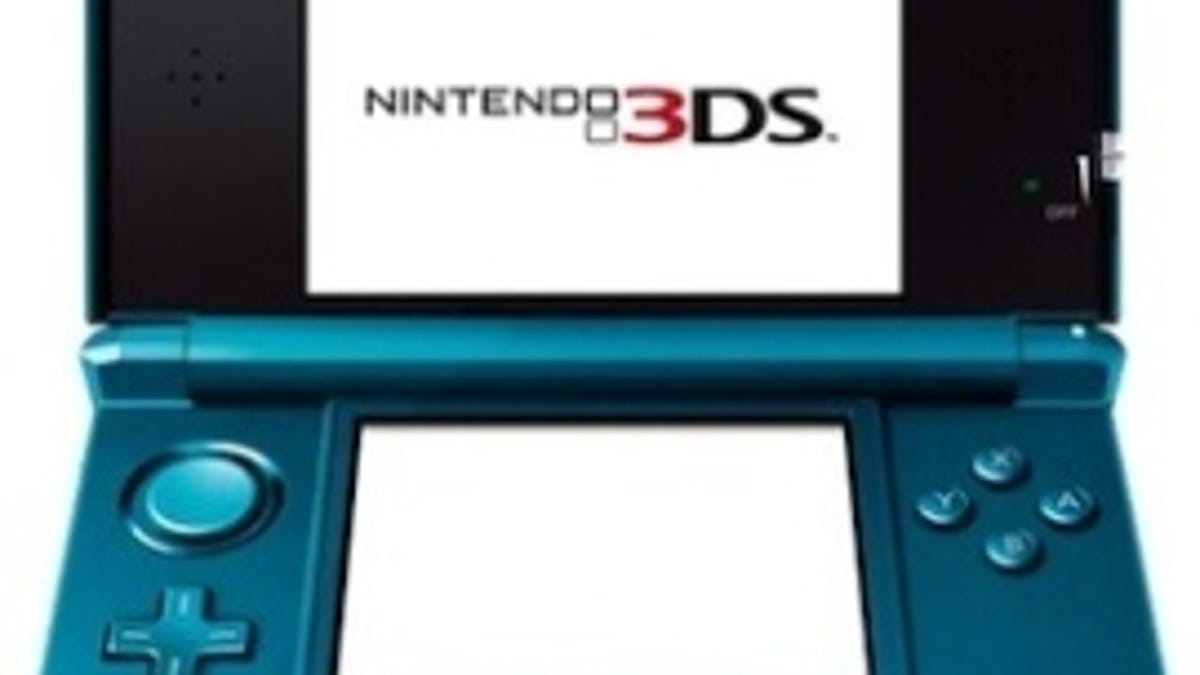Nintendo chief on gaming and the cloud
Nintendo President Satoru Iwata is looking for ways to engage more gamers and the cloud is just one weapon in the gaming arsenal.

I was in Japan last week for a number of meetings related to brand development and disruptive software and found myself less intrigued by the overwhelming array of Japanese mobile phones and more interested in the handheld game consoles from Nintendo and others.
It's not that there aren't a plethora of mobile phones that have all kinds of cool features, but that since generally those phones can't be used in the U.S. (and most don't offer English interfaces) the game consoles became a lot more interesting.
One of the news items I was late to report on thanks to jet lag, was a series of comments from Nintendo President Satoru Iwata about two occasionally related areas: how to convince people to play video games and how cloud computing can play a role in gaming on mobile devices.
At the June Nintendo shareholder meeting, Iwata made a pointed assertion in regard to how the company views competition, and that specifically the competition is not other companies as much as it is creating new experiences that encourage consumption of gaming products:
However, for Nintendo's products, it is quite uncertain what is amazing and amusing to people. Even if we ask customers what kind of games they want to play and develop one game as they requested, it may not always greatly excite them. Instead, we should develop what is beyond their imagination and let them say, "This is unexpectedly interesting," or "This is the very thing I have been wanting."
"Even the best entertainment is not known to everyone" is the very biggest challenge for us. To expand the gaming population, we have to break through the barrier of encouraging non-gamers to play video games.
Iwata also addresses the importance of PR and social-media efforts in order to increase sales, but reiterates the point that Nintendo must encourage consumption of games in general to those that are interested. Interestingly, despite Japan's inherent mobile connectivity and love for social networks like Mixi and to a lesser extent Twitter, games tend to be less social and more anonymous, with advertising and word-of-mouth strong influencers.
This is why Nintendo DS and Wii were made popular to some extent among those who had not been interested in video games before. As you suggested, our PR activities have not fully penetrated this barrier yet. At the same time, PR efforts with an infinite budget for a marginal increase in sales would be off balance. It is very challenging for us to come up with a method to efficiently convey the charm of a product to those uninterested.
Later on in the transcript, Iwata addresses a question about cloud computing as competition and makes the point that the cloud can be "a very efficient technology for a business with volatile demand" but that what comes first is a quick response from the device and that some technologies Nintendo uses in game consoles are very suitable but others will never make sense to be delivered via a cloud service.
These comments make me wonder how realistic it is to run games from the cloud(something I've suggested could be a good idea previously) even if you have the proper hardware and network infrastructure--which Nintendo in Japan certainly has--and rather if there are new kinds of games that can withstand high-latency enough to be interesting on mobile devices.

